If there’s one thing that’s true for all of us, it’s that we’re going to die someday. Death is as much a part of life as living itself, yet there are so many things we don’t know about it. While we still don’t know everything, recent scientific experiments have revealed some interesting information about some of the things that happen when we shuffle off this mortal coil. Let’s take a look at some of them.
Brain Over Body

When it’s time to go, our bodies might give up, but our brains aren’t so quick to do so. Researchers have found that even after our bodies stop working, our brains keep going for a little longer. Of course, we don’t know exactly what’s happening in our brains during these moments, and we probably never will.
A Scientist Speaks
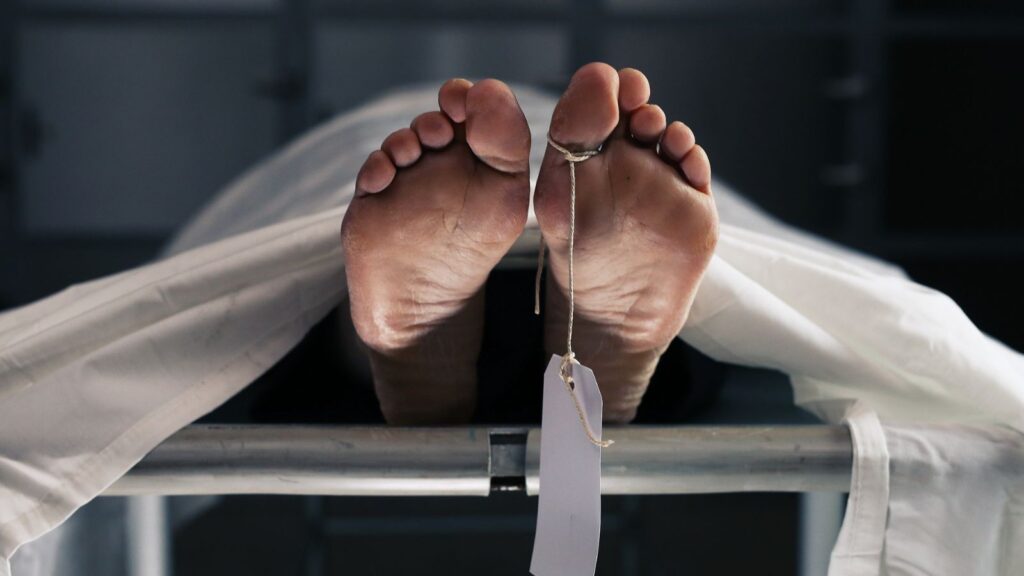
Dr. Sam Parnia has conducted numerous experiments on death and human consciousness. In an interview, he discussed what happens when people’s hearts stop. He said, “Technically speaking, that’s how you get the time of death—it’s all based on the moment when the heart stops.”
No Brain Activity
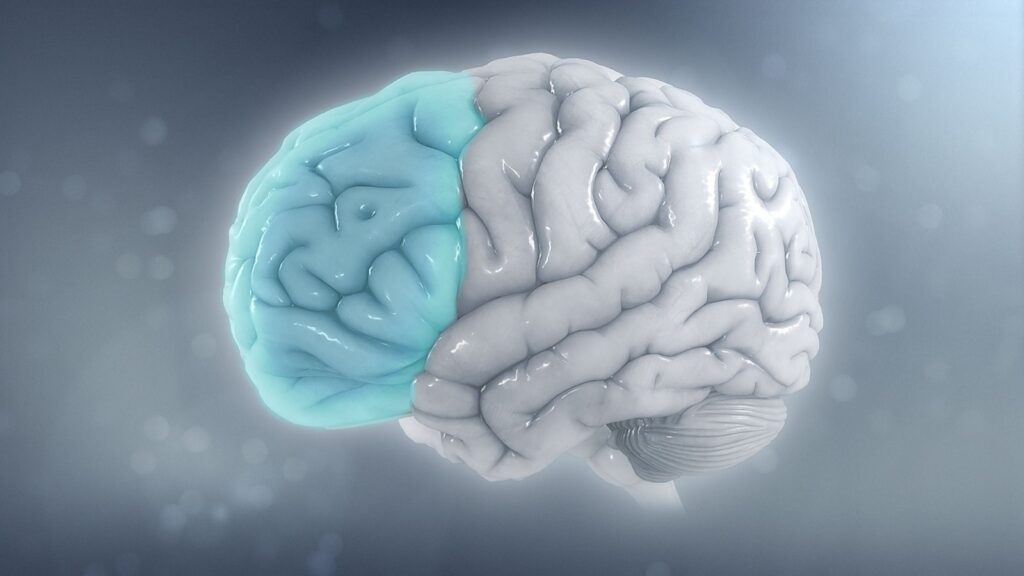
Dr. Parnia claims that brain activity stops “almost immediately […] You lose all your brain stem reflexes – your gag reflex, your pupil reflex, all that is gone.” But there is still a short time when your brain continues working after your heart stops. This is pretty big news because it means that death might be more complicated and involve more steps than we actually thought.
Animal Tests

Other scientists have conducted studies on mice that show their brains light up with activity right after they pass away. It turns out that humans do something similar. This means that our brains are still active for a short moment after we die, even though the rest of our body has completely expired.
Further Studies

Dr. Parnia has researched other countries further to understand the relationship between our hearts and brains at death. He said, “In the same way that a group of researchers might be studying the qualitative nature of the human experience of ‘love,’ for instance, we’re trying to understand the exact features that people experience when they go through death because we understand that this is going to reflect the universal experience we’re all going to have when we die.”
Understanding the Context

He continued, “At the same time, we also study the human mind and consciousness in the context of death to understand whether consciousness becomes annihilated or whether it continues after you’ve died for some period of time—and how that relates to what’s happening inside the brain in real-time.”
Conscious Awareness

Other studies have also supported this. Some patients have reported clear experiences of their surroundings up to three minutes after their hearts stopped beating during cardiac arrest. This could mean that our brains still have a level of consciousness, even when medical instruments might suggest otherwise.
More Cellular Activity

Another study found that older brain cells, called oligodendrocytes, don’t die as quickly as we thought after trauma. Instead, these cells can linger for up to 45 days before they die. Their longevity could change how we understand brain aging and how brain diseases develop.
Not Quite Gone

In one case, Canadian doctors noticed that a patient continued showing signs of being aware, even 10 minutes after they switched off life support. This could mean that some of us are more “present” than we thought during our final moments. As spooky as it might sound, there’s no denying that it’s also quite amazing.
Life Flashing Before Your Eyes
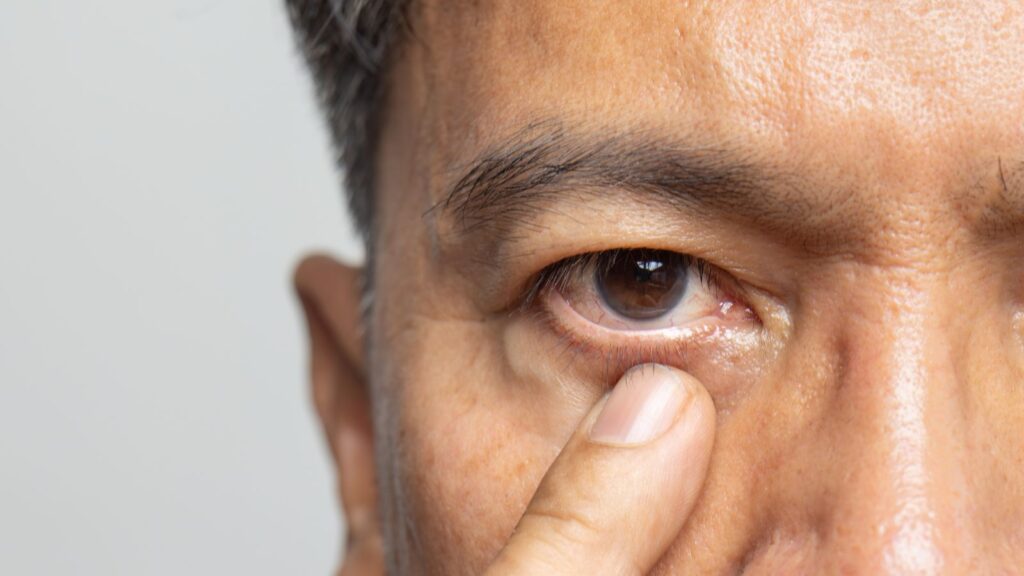
The idea that our life flashes before our eyes when we die isn’t as crazy as it seems. In one study, researchers recorded brain activity from a dying man and noticed that gamma waves increased when he died. They believe that this shows our brains replay memories when we die, as gamma waves are usually associated with memory and dreaming.
Waking Them up

Some scientists are trying to use electricity to wake people up from comas. They believe that targeting certain areas of the brain that keep us aware and awake could force us to regain consciousness. If these tests are successful, then this could completely change things for people with severe brain injuries.
Different Exits
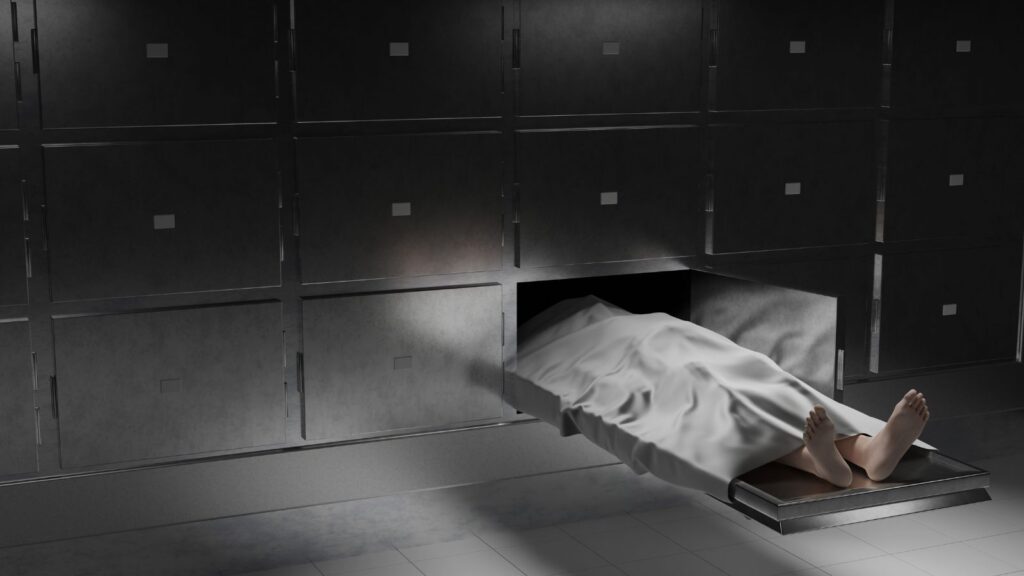
Nobody’s life is the same as another person’s, and our deaths are the same way, too. Researchers believe what happens when we die varies from person to person, as some people might experience a quick wrap-up, while other people just slip away. Even so, scientists aren’t sure why it’s not the same for everyone.
Near-Death Experiences

Near-death experiences (NDEs) are also much more common than you might think, and researchers have studied cases of them happening to learn more about death. Many people who have experienced them claim to have vivid and lucid memories that feel incredibly real. Although these experiences differ with each person, most people report seeing or hearing things that shouldn’t be possible if they were truly unconscious.
Patient Changes

After an NDE, Dr. Parnia claims that people are changed, usually for the better. He said, “What tends to happen is that people who’ve had these profound experiences may come back positively transformed – they become more generous and engaged with helping others. They find a new meaning to life, having encountered death. But there isn’t a sudden magical enhancement of their memories. That’s just Hollywood jazz.”
Ethical Questions

Naturally, many big ethical questions are related to studying what happens in our brains when we die. Researchers need to respect both the living and people who are dying if they want to find these answers. Some people are against this research, as they believe it’s inappropriate and not something we should ever know.
Don’t Fear the End

Of course, thinking about the end is hard, but knowing what happens can take some pain away. Death is natural, and everything that lives, at some point, stops. But understanding what actually happens when we’re no longer here can make things a little less scary.
Understanding Consciousness
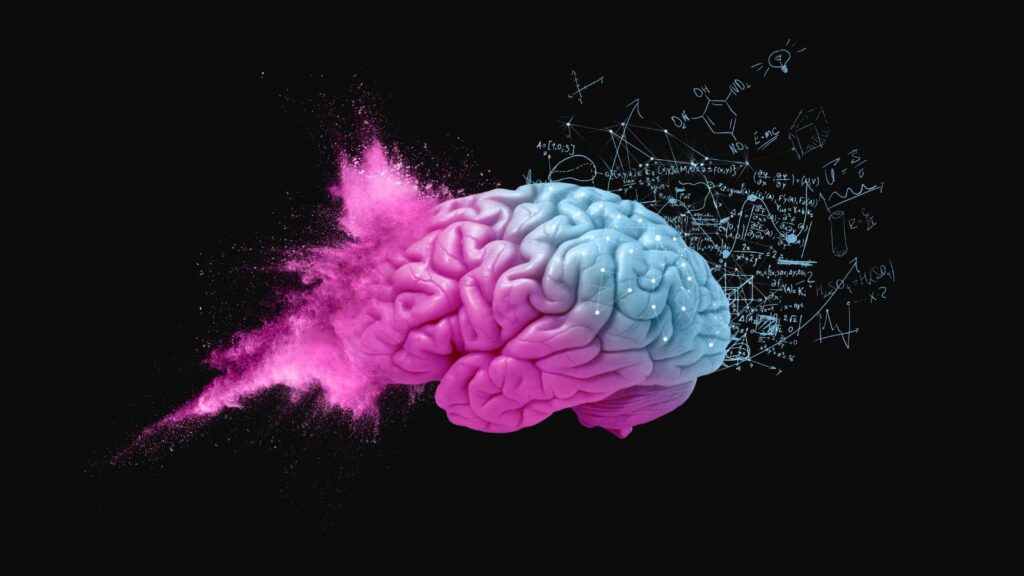
We also have things we don’t understand about life, as researchers are trying to work out how our brains keep us conscious. Some have created maps showing which parts of our brains are active when we’re aware and awake. They believe this could help people recover from brain injuries.
Brain Connections
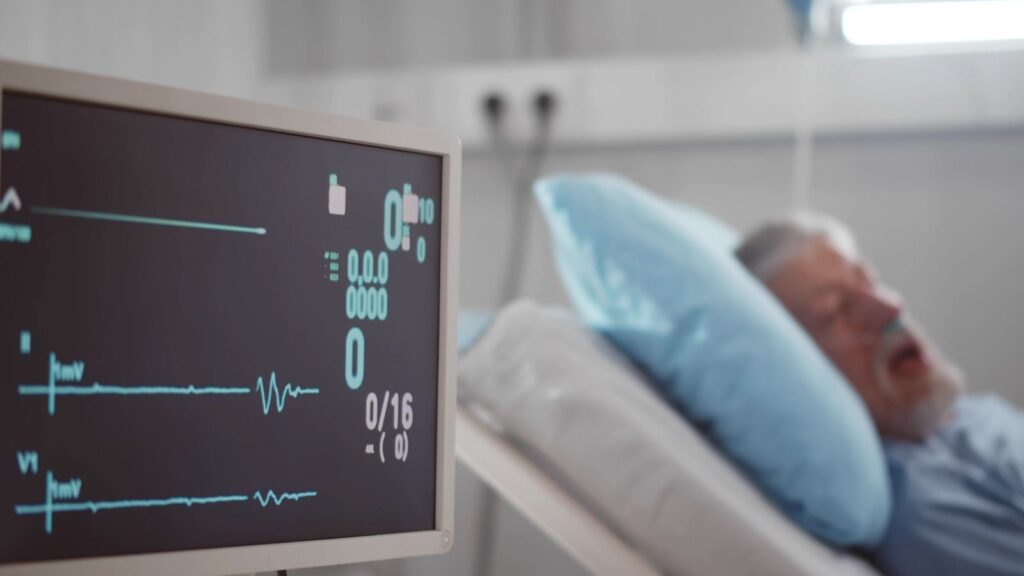
Understanding which brain connections are important for staying conscious could also help them manage serious brain conditions. For example, they’d better understand unexplained comas or even why some children randomly cry during the night. Knowing about these connections could mean better treatments and even methods of preventing these conditions.
19 Grim Realities of Dating After 50 That Are Often Overlooked

19 Grim Realities of Dating After 50 That Are Often Overlooked
26 Things That Will Be Extinct Because Millennials Refuse to Buy Them

26 Things That Will Be Extinct Because Millennials Refuse to Buy Them
24 Outdated Slang Terms You Absolutely Shouldn’t Be Using Anymore

24 Outdated Slang Terms You Absolutely Shouldn’t Be Using Anymore
25 Hardest Parts About Getting Older That No One Ever Talks About

25 Hardest Parts About Getting Older That No One Ever Talks About





